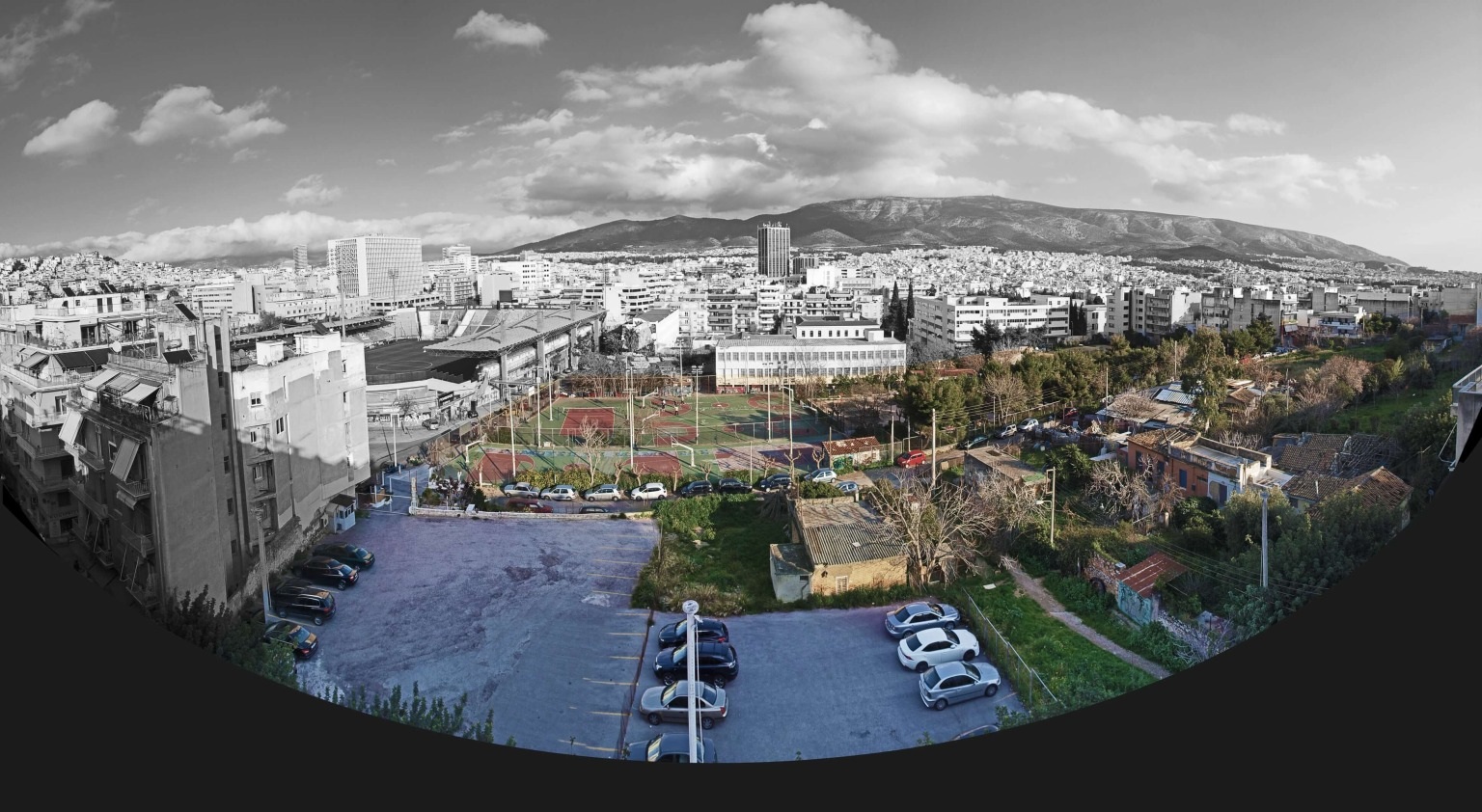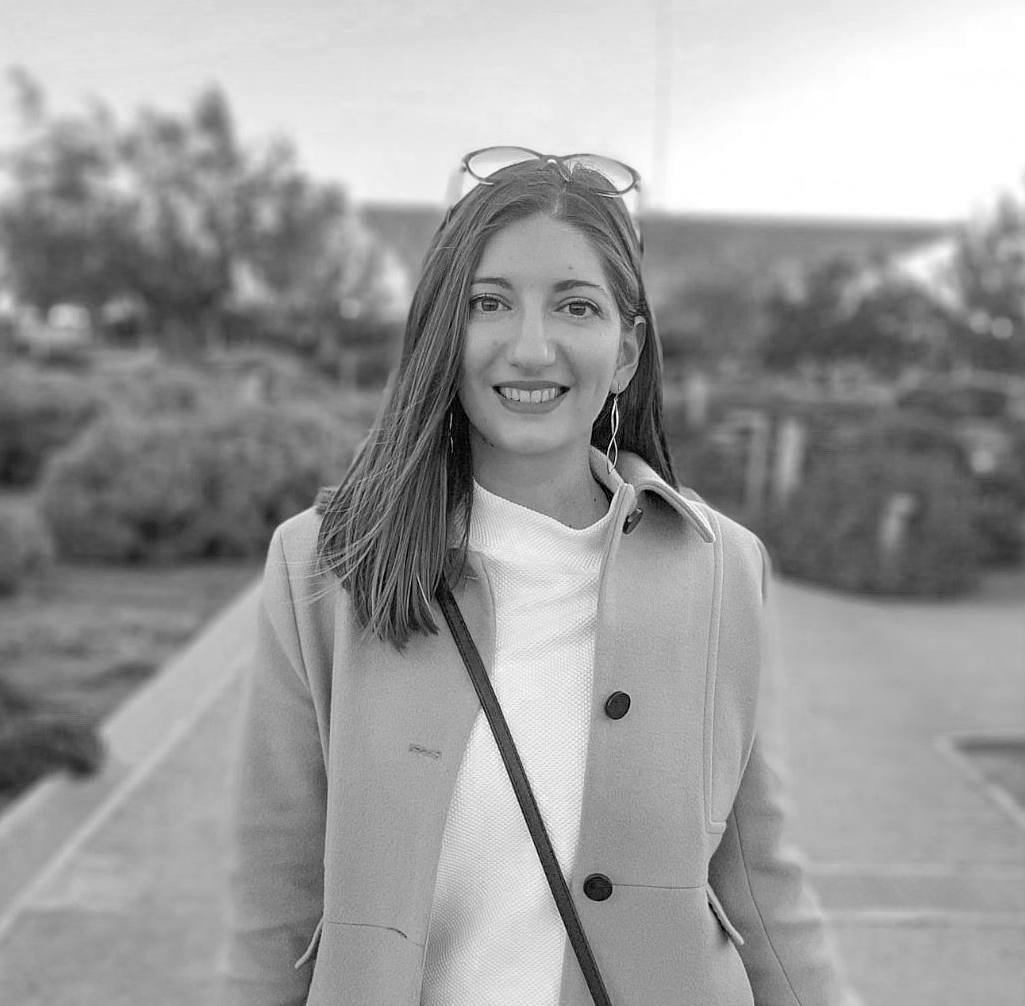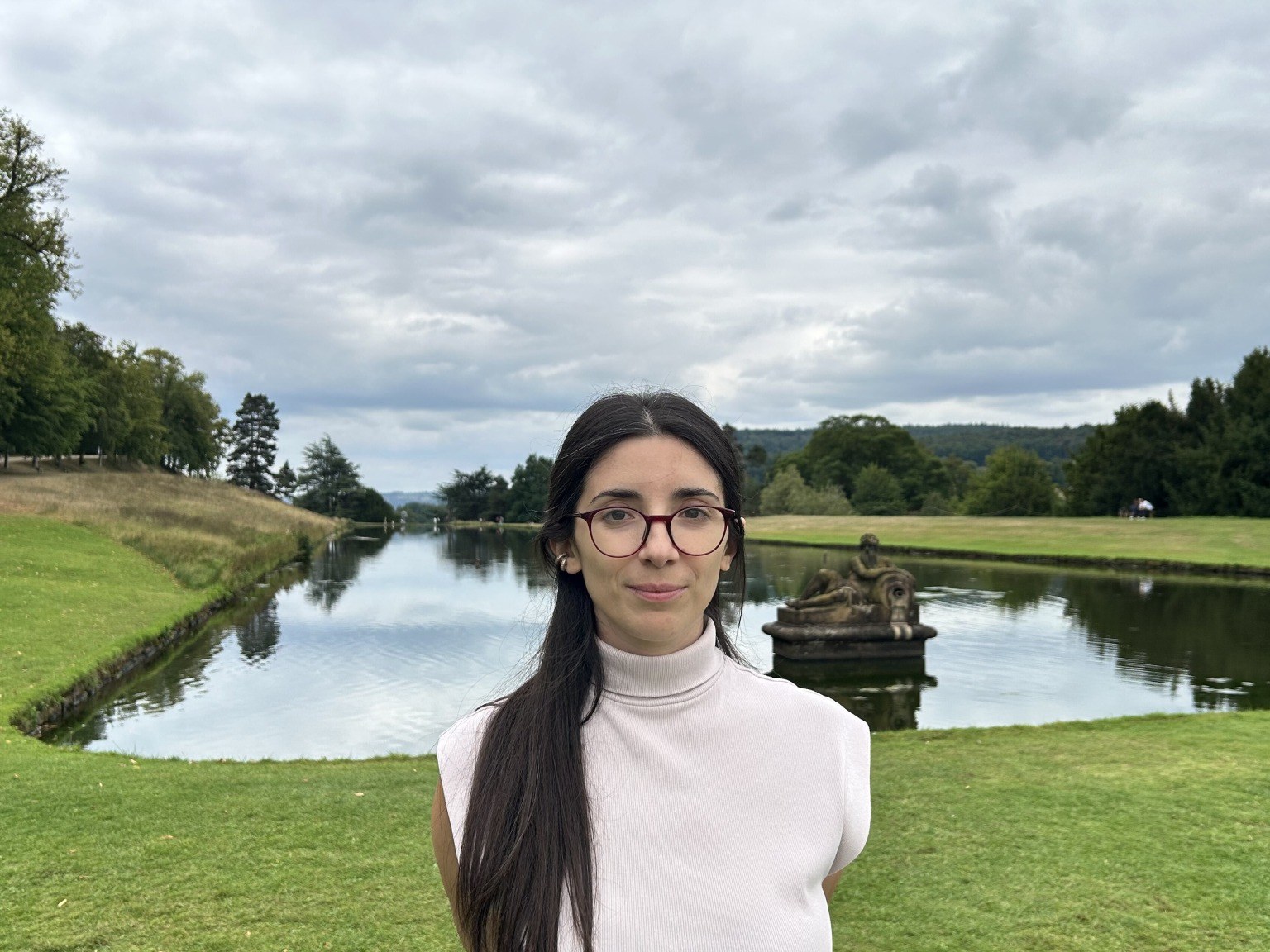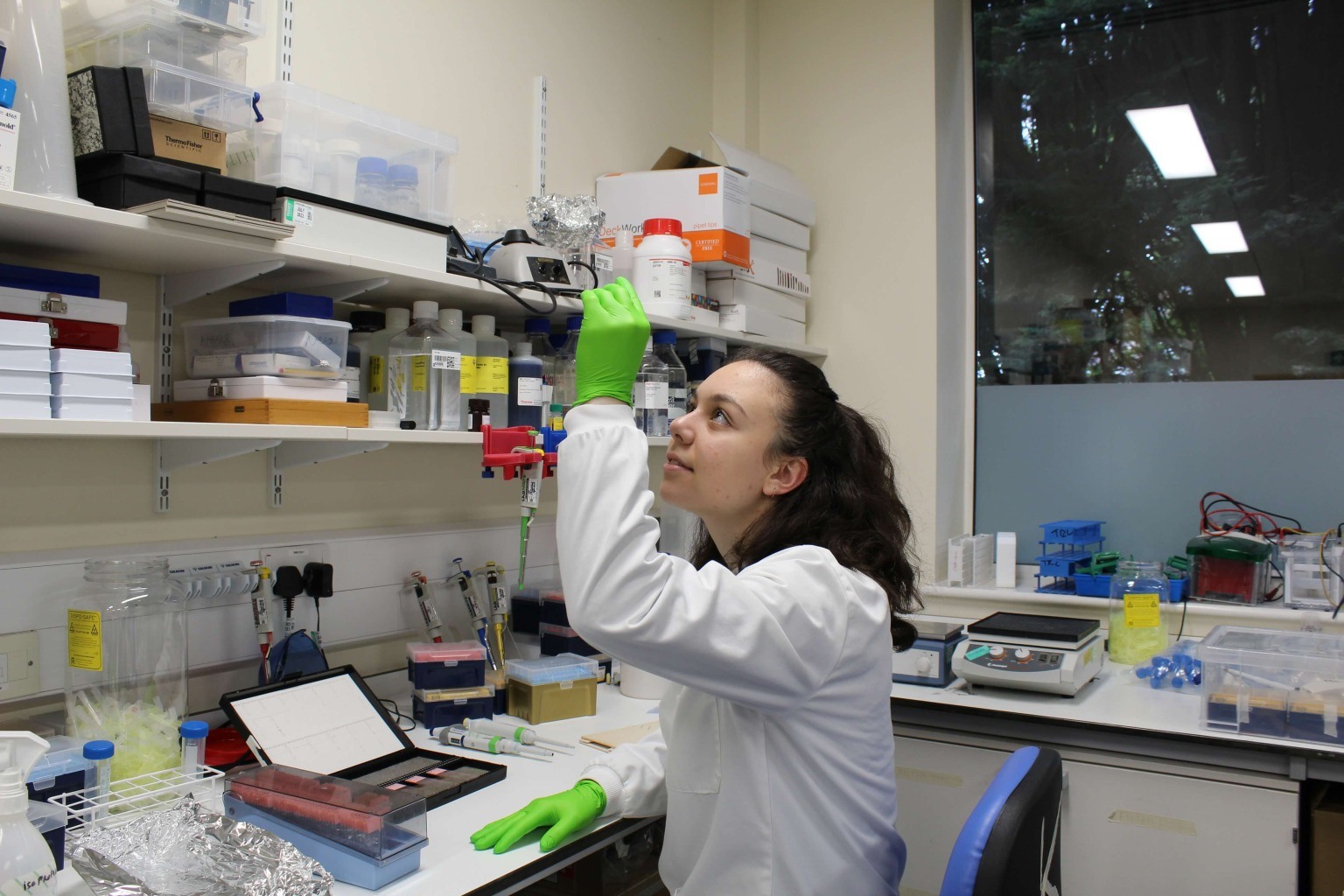
Exploring the invisible: Dr. Ariadni Boziki simulates the molecular world
Chrysovalantou Kalaitzidou

Magazine / Interviews , Engineering
Kallirroi Taroudaki is an Architect Engineer and Landscape Architect. She graduated from the School of Architecture of the National Technical University of Athens in 2014 and then completed her master’s in Landscape Architecture in 2017 at the MSc Architecture Urbanism and Building Sciences program at the Delft University of Technology. Since then, she has been working in the Netherlands at KCAP Architects and Planners, taking part in projects within the country but also on an international level, including countries like China, Russia, and South Korea.
Greek Women in STEM discusses with the Architect Kallirroi Taroudaki about her work at the company and unravels the reasons that led to her career success.
How did you decide to become an Architect?
From a young age, I loved creating and finding ways to express myself through music, dancing, painting, and small constructions. At school, I was inclined towards the sciences, but at the same time, I was feeling the need to choose a profession that would allow me to channel this tendency for expression and creation. That is how, without much thought, I decided to become an architect.
Was there a moment when you wondered if you made the right decision to become an architect? If so, how did you overcome it?
I don’t think I ever felt that I made the wrong choice. However, during my studies, I was gradually realizing how wide our field of scope can be. It is not limited to the design/construction of buildings but has much bigger and deeper impacts relating to urbanism, the environment, sustainability etc... So, I was not wondering if I made the right decision but rather what it is that I like the most and want to focus on for my subsequent steps in the profession.

What helped you during your studies?
It helped me a lot that during the 5-year studies at NTUA, a wide variety of topics/subjects are being covered. This gave me the opportunity to untangle the knot of our profession and discover what attracts me more. That is how I decided to dive into landscape architecture through my master’s studies. I realized that I am not only interested in buildings themselves but also in their surroundings and how design can connect harmoniously the urban tissue and the environment and propose solutions that are beneficial for both people and nature.
At the same time, I find it very important that the studies are focused on site visits of the project areas. Experiential study was very helpful, compared to only studying through books and notes.
Now you are in the Netherlands. How did you decide to move there?
I came to the Netherlands because of my master's. I had already decided that I wanted to focus on landscape architecture, and at the same time, I wanted to study abroad, broaden my horizons, and meet new people and places. So, after researching different study programs, I decided to come to Delft, where, in the end, I stayed for work after the completion of my studies.
What is your role in the company you work at?
I work as a Landscape Architect in a company that specializes in architecture and urban design. Landscape architects are a small group in the office, and we undertake projects on different scales, from green roofs to large-scale master plans. My role focuses on the design of open spaces and the connection of buildings with their surroundings, considering the existing characteristics of the site as well as sustainability. The fact that we are a small team allows me to be present in the design from concept to implementation, in the design of the details and the choice of materials. The goal is always to bring life to cities and give special emphasis to the needs of both users and the natural environment.
What is the most important moment in your career so far?
I always remember my first distinction after completing my architecture studies. Together with my colleague, Tonia Vavanou, we received the bronze medal at the IOC / IPC / IAKS (International Olympic Committee, International Paralympic Committee, International Association for Sports and Leisure Facilities) Architecture and Design Award for Students and Young Professionals in 2015, for our diploma thesis concerning the design of an urban park in the center of Athens, with emphasis on sports and the youth. It was a very important moment for me that our work and effort were recognized outside of the academic institution by the International Olympic and Paralympic Committee. Beyond that, I consider very important my participation in the project ‘East Dike’ of KCAP and Felixx Landscape Architects and Planners as part of the design team of KCAP. The project aims at the restoration of the Eastern Coast of Shenzhen in China, which was largely destroyed by a hurricane in 2018. Water safety strategies are connected to eco-development and nature restoration. The first part of the design was constructed within a short period of time and already welcomes visitors as a new attraction point, which at the same time protects the area from extreme weather events. Seeing the projects you work on being realized is a very special moment in our profession.
Is there any distinction between women and men in architecture?
I think that in the past, it was more common for men to hold higher positions and take up roles such as jury members. From my personal experience in the Netherlands, I see that, lately, more and more women are gaining leadership roles and being treated equally, which is very promising and positive for the future.
Is there anything else you would like people to know about architecture or architects that is not widely known?
I find it is sometimes difficult for us to realize that the environment in which we live greatly affects our daily lives. Thus, architecture acquires a vital role in our lives. The aesthetics, the scale, the routes, the colors, and the materials give character to the cities and directly affect the inhabitants. I think that in Greece, the role of the Architect is a bit 'misunderstood', in the sense that their role is sometimes considered optional and not essential for the construction of a building, for example. But this is a misconception!
Do you have any other interests outside of work?
I love playing the piano. In my free time, I practice a lot, and it is also a way of expression. Recently, I have also been experimenting with painting with acrylics and watercolors.
What advice would you give to other young Greek women who would like to follow the profession of an architect?
I would advise them to follow their dream! It is a time-consuming profession; it requires a lot of dedication and maybe a lot of sacrifices, but it is also so creative that, if you really like it, it compensates you. I believe that architectural studies in Greece provide a very solid foundation so that each one can follow their own path in the wide range of available options.

Chrysovalantou Kalaitzidou

Thaleia-Dimitra Doudali

Danai Korre
